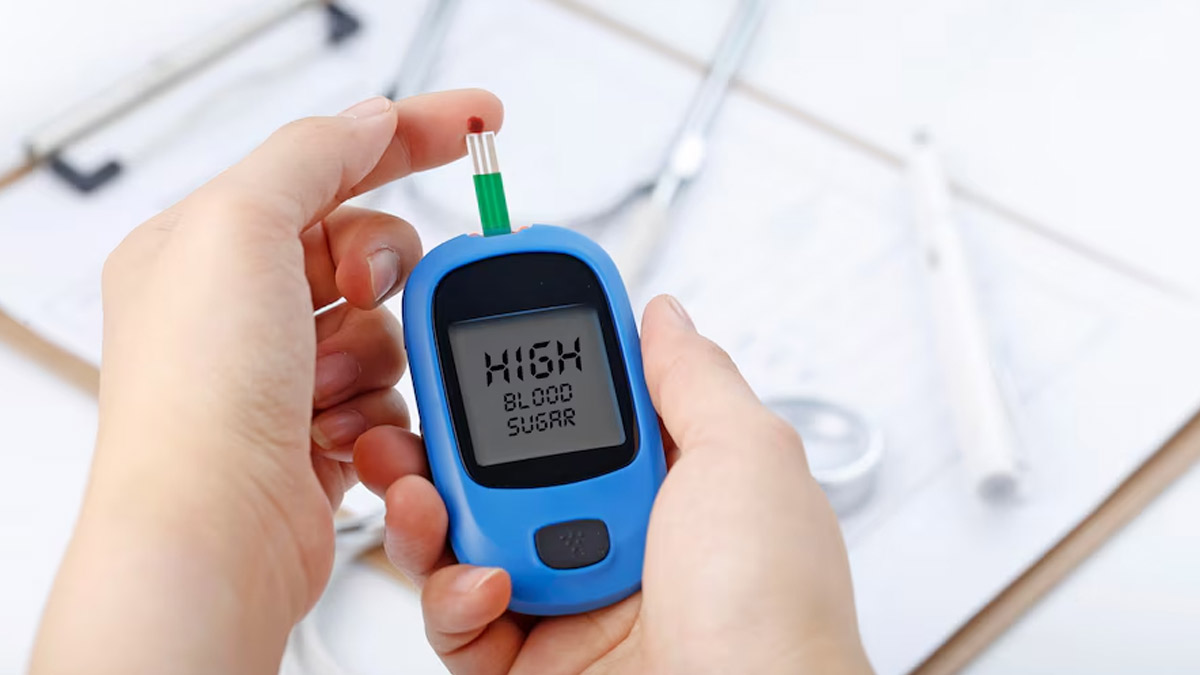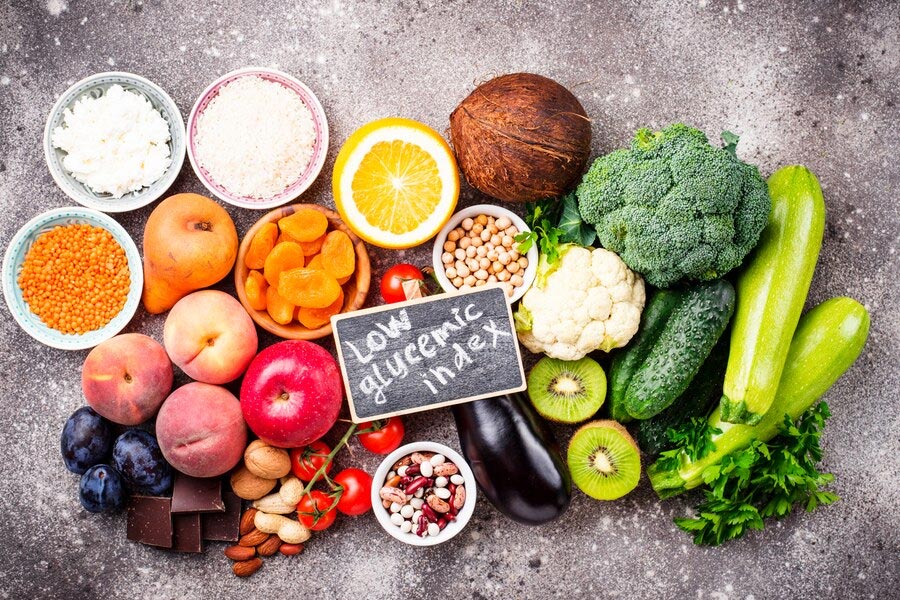
People with diabetes need to take care of their dietary habits to keep their blood sugar levels in check. It becomes important to follow healthy dietary tips, especially after breakfast, which kick-starts your day. Blood sugar spikes can lead to various health issues, including fatigue, mood swings, and long-term complications like diabetes. We spoke to our expert Dr Bimal Chhajer, Former Consultant, AIIMS and Director, SAAOL Heart Centre, New Delhi, who listed various ways to prevent blood sugar spike after breakfast.
Table of Content:-
How To Stop Blood Sugar from Spiking After Breakfast
Here are ten ways to help keep your blood sugar levels stable throughout the day:

Choose Low-Glycemic Index (GI) Foods
A large observational study by the American Journal of Clinical Nutrition involving over 91,000 women found that a diet high in high-glycemic-index carbohydrates was linked to an increased risk of developing type 2 diabetes.
“You should opt for breakfast options with a low glycemic index, such as whole grains, oats, and legumes. These foods are digested more slowly, preventing rapid increases in blood sugar levels. Also, include protein-rich foods like eggs, Greek yoghurt, or lean meats to further slow down digestion”, said Dr Chhajer.
Fibre-Rich Foods
Don't forget to add fibre-rich foods like fruits, vegetables, nuts, and seeds to your breakfast. This is because fibre slows down the absorption of sugar into the bloodstream, promoting steady blood sugar levels. Aim for at least 25-30 grams of fibre per day, with a significant portion coming from your morning meal.
Also Read: Addressing India's DIABETES DILEMMA Never Too Early To Test But May Be Too Late To Treat

Avoid Sugary Breakfast Foods
Dr Chhajer added, “Consuming sugary foods, such as sugary cereals, pastries, and sweetened beverages, for breakfast is a strict no for diabetics. Blood sugar levels can spike rapidly when these foods are consumed. Instead, you should opt for unsweetened options or sweeten your breakfast naturally with fresh fruits or a small amount of honey or maple syrup.”
Monitor Portion Sizes
Another thing to keep in mind is being mindful of portion sizes, as consuming large meals can lead to higher blood sugar levels. Aim for balanced portions that include carbohydrates, protein, and healthy fats to prevent overeating and maintain stable blood sugar levels throughout the morning.

Stay Hydrated
It is crucial to drink an adequate amount of water throughout the day and is essential for regulating blood sugar levels. You should start your morning with a glass of water to stay hydrated and support optimal blood sugar control. Also, avoid sugary drinks like fruit juices and sodas, which can contribute to blood sugar spikes.
According to a meta-analysis by Diabetes and Metabolic Syndrome, it was found that individuals who consumed more water had a lower risk of developing high blood sugar levels.
Also Read: Snacks For Diabetics: Expert Lists Diabetes-Friendly Snacks With 200 Calories Or Less
Incorporate Physical Activity
It's a good idea to engage in light physical activity after breakfast, such as a short walk or stretching routine. According to a review by the Biochemical Journal, regular exercise can help you achieve and sustain a healthy weight, as well as improve your body's sensitivity to insulin. For long-term blood sugar management, it is essential to incorporate regular physical activity into your daily routine.
Limit Processed Foods
“Minimise your intake of processed and refined foods, including white bread, sugary cereals, and packaged snacks. These foods are often high in added sugars and simple carbohydrates, which can cause blood sugar levels to spike rapidly. Instead, focus on whole, unprocessed foods for a healthier breakfast”, added Dr Chhajer.
Include Healthy Fats
You should also add sources of healthy fats to your breakfast, such as avocados, nuts, seeds, and olive oil. Healthy fats help slow down the absorption of carbohydrates, preventing sudden spikes in blood sugar levels. Add a tablespoon of nut butter to your oatmeal or sprinkle seeds on your yoghurt for a nutritious boost.
Monitor Blood Sugar Levels
If you have diabetes or prediabetes, regularly monitor your blood sugar levels to track how different foods and lifestyle habits affect your readings. This information can help you make informed choices about your breakfast and overall dietary patterns to better manage blood sugar levels.
Consistency is Key
Dr Chhajer highlighted, “Having a consistent breakfast routine can help in stabilising blood sugar levels over time. It is advisable to eat breakfast at the same time each day and choose similar foods that promote steady energy levels throughout the morning. Consistency in meal timing and composition can support better blood sugar control in the long run.”
[Disclaimer: This article contains information provided by an expert and is for informational purposes only. Hence, we advise you to consult your expert if you notice any health complications to get the necessary treatment.]
Also watch this video
How we keep this article up to date:
We work with experts and keep a close eye on the latest in health and wellness. Whenever there is a new research or helpful information, we update our articles with accurate and useful advice.
Current Version